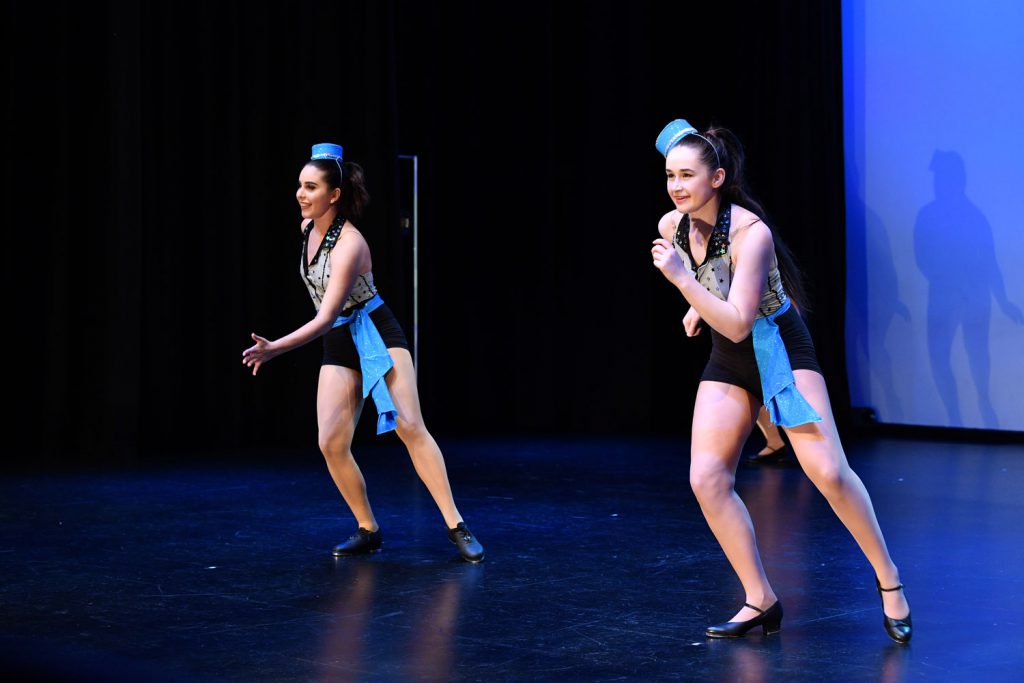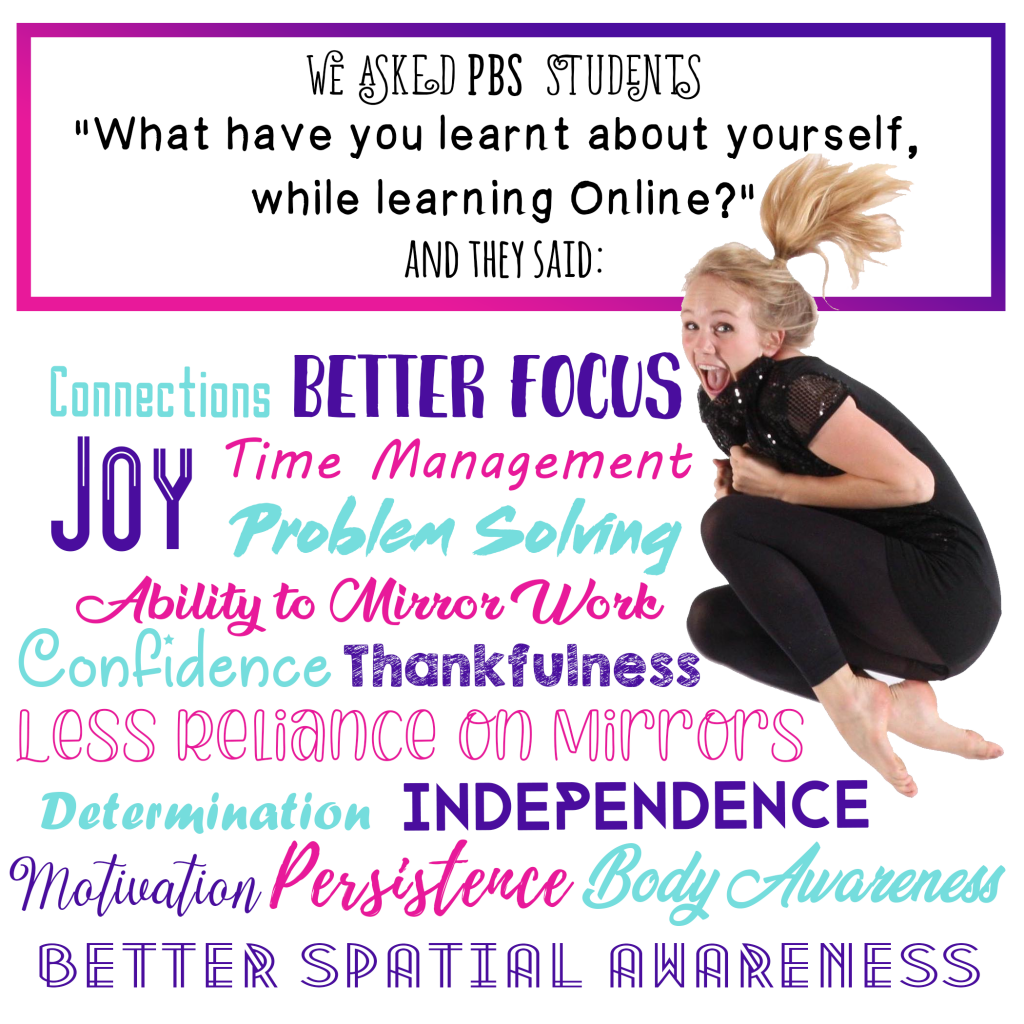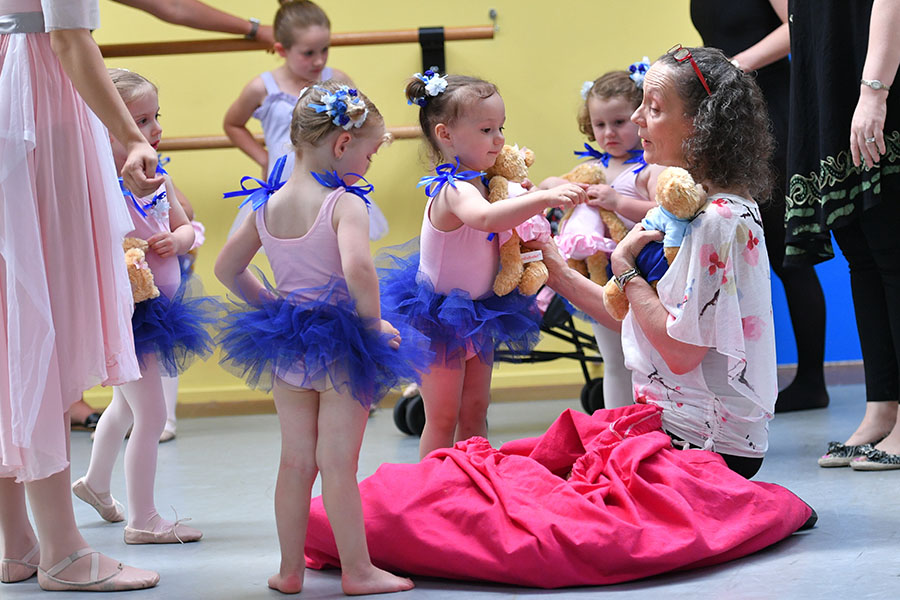In the spirit of promoting a healthy, balanced studio which students and their families love to come to, here’s how to be a great dance parent
Be engaged (just not too engaged)
Your child’s emotional and physical health are important so chat with them after classes about how they did and how they are feeling. Dance can be challenging so they need to know they are supported. Self-reflection is essential for growth and it is important to encourage this.
It is not generally expected that parents stay and watch their child’s dance lessons once they reach a certain age. Ask your child to show you what they learned when you’re at home but don’t expect too much as they may be tired after their class and have had enough of dancing for the time being.
Encourage good self-care
In your supporting role as a Dance Parent, you should encourage your child to become more independent. This means taking responsibility for their own shoes, uniform and costumes, having good grooming and being well presented.
As they get older, your child should be able to pack their bag with everything they need for their class, including a spare uniform, water bottle and a snack.
If your child is coming home from dance lessons in a bad mood, talk to them about why. If need be, book an appointment to speak with their teacher (the teacher may not be able to give you their full attention right after a class).
Support your studio as a team player
Good dance parents are proud and supportive of all children at the school and make time (within reason) to help out and help share the load to make things easier for everyone.
To reduce costs, dance schools often ask for help with costumes, ticket sales and supervision during performances. If you can spare a few hours, it would be greatly appreciated.
What’s more, as a good Dance Parent, aim to promote a positive attitude. Your child’s dance studio should be a fun and happy place for students to come to. If you’re not happy, the door is always open for a two-way discussion and the chance to work with the Directors to find a solution. Dance can often be seen as an all-female domain but it doesn’t have to be that way and Dads are always welcome to be just as closely involved with their child’s dance training.





